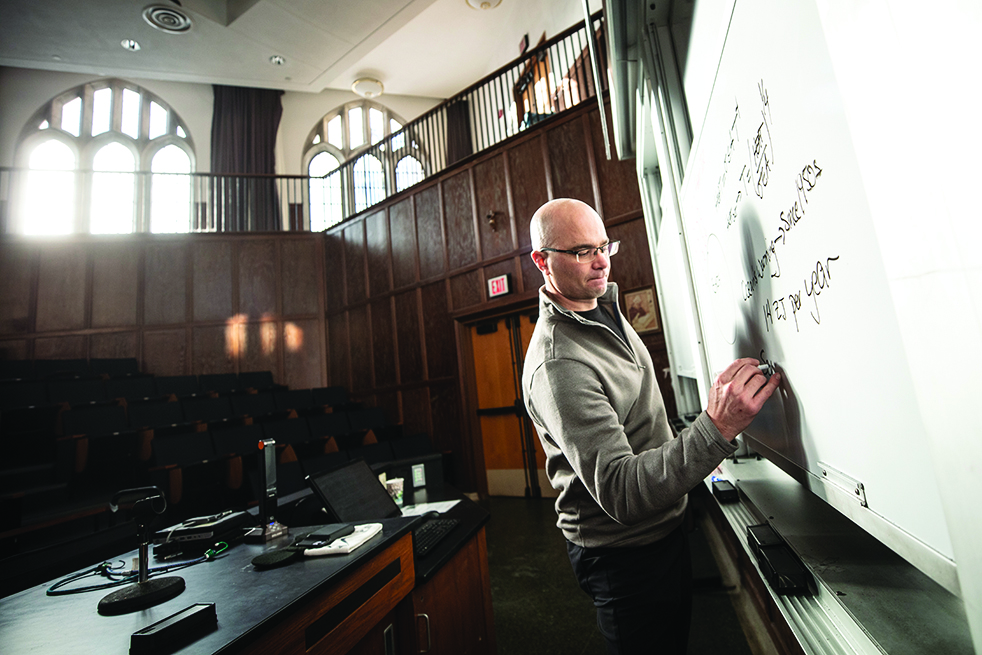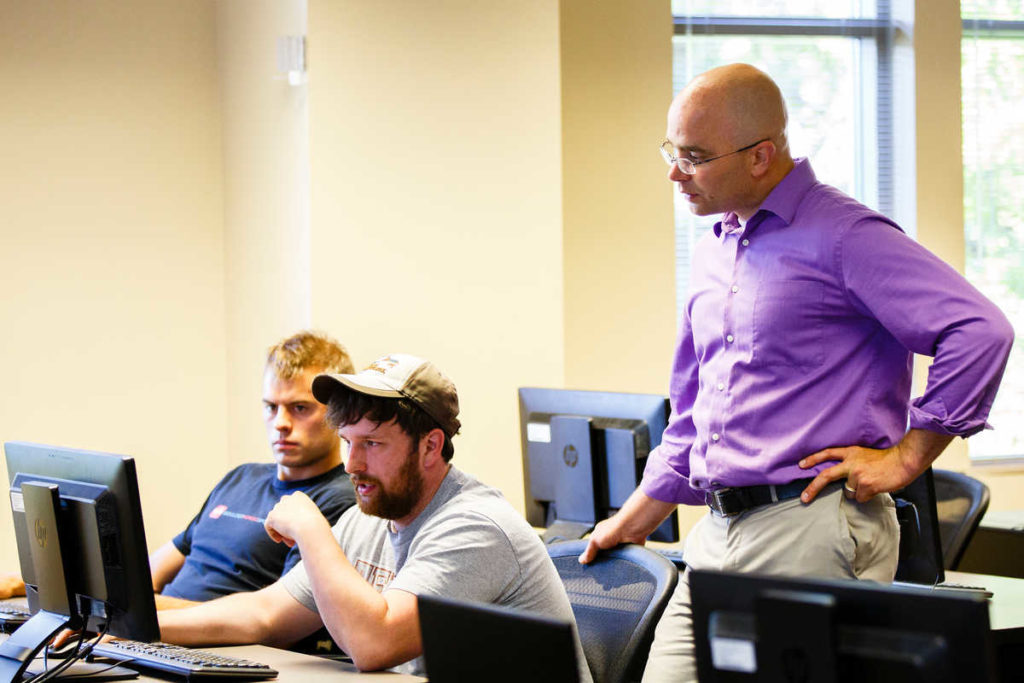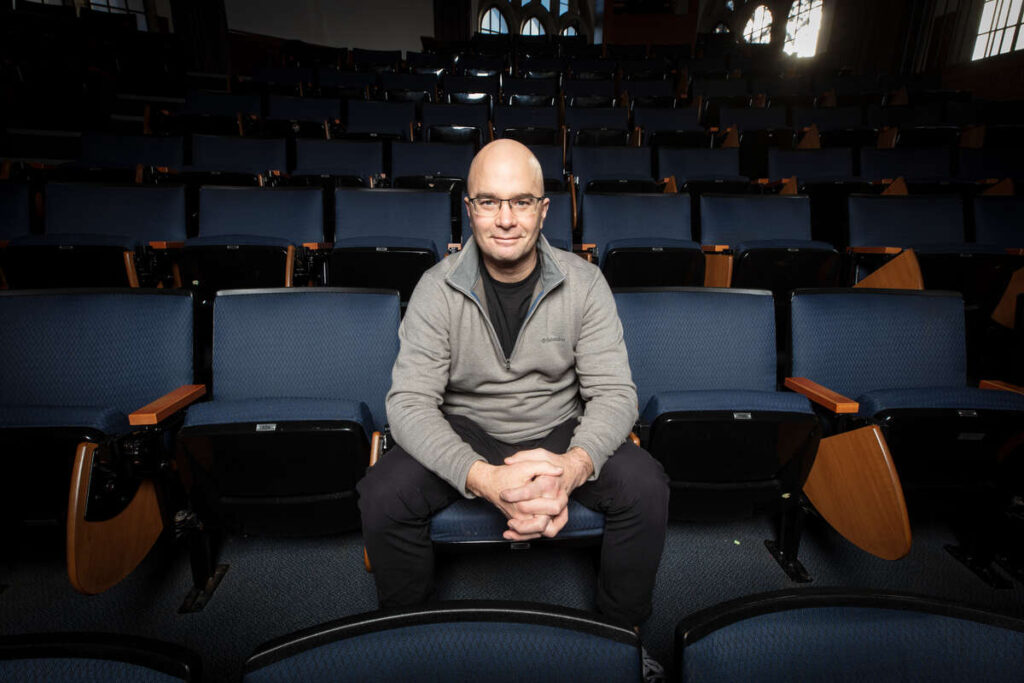We’ve all heard the logical reasons for being more environmentally sound and taking care of our planet. The economical reasons are stacking up, too, as sustainability efforts become more and more cost effective for businesses and private citizens alike.
What about the bigger picture? Beyond self-preservation for us and future generations, why is the Earth so important? Those are the questions sophomore Patrick Fisher examined last spring semester as he used a St. Thomas Collaborative Inquiry grant to research what his school’s namesake, 13th century Catholic priest Thomas Aquinas, might have to say on the matter.
“It was a constant joy for me,” Fisher said. “The topic was definitely something I loved. Digging into the core of why the environment is worth defending and how that fits within a philosophical context was just amazing.”
Aquinas, famous for his views on natural theology and God’s inherent visibility on earth, was a prime subject for Fisher to examine when it came to how humans should fit into the world. This concept hit home first and foremost when Fisher read Aquinas’ thoughts on humans not just being part of our immediate environment, but of the whole cosmos, which includes God.
Extended from this is the idea that humans naturally are supposed to contribute to the common, or cosmic, good. That also falls in line with Aquinas’ thoughts on teleology, which is rooted in what our end goal should be. As humans, Aquinas says, our end to strive toward is God.
“We should be most fundamentally oriented toward the common good of the glory of God,” Fisher said. “What does that have to do with the environment? All natural things are ordered to the good of God. If we act in a way that prevents them working in their natural good, we are in a sense preventing the good of God, which isn’t how we should be oriented.”
Those principles can help guide humans as our relationship with Earth becomes more and more complicated. How does what we’re about to do line up with the natural order God intended? How much sacrifice actually is working toward the cosmic good before it becomes detrimental?
These questions are far from answered, but Fisher’s work in focusing the thoughts of someone like Aquinas to an issue like environmental sustainability gives us another lens to ask them through.
“When a person is confronted with those ideas they have to take a step back and realize the consequences of their actions are not just for ourselves,” Fisher said. “Each of our actions should be oriented toward the common good, because we are beings that have the capacity to affect the universe.”







